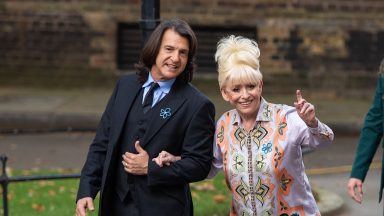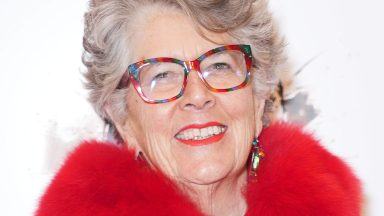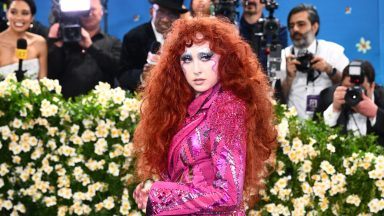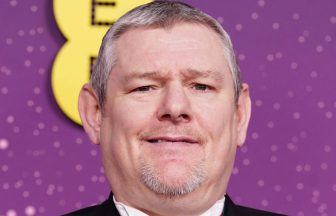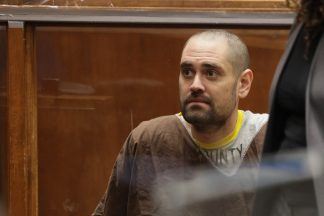The organiser of the Eurovision Song Contest has said it is in talks with the BBC to “potentially host” the 2023 event, after concluding next year’s contest cannot be held in Ukraine.
Glasgow’s Hydro has been suggested as a possible venue should the United Kingdom be chosen to host the event.
Following the news that the UK could host the contest in 2023, the First Minister tweeted that she thought Glasgow would be the “perfect” host for the international competition.
She added the Scottish Government would be happy to discuss the issue with the BBC, Glasgow City Council and European Broadcasting Union, later adding there were several other venues in Scotland that would be suitable for the event.
On Friday, the European Broadcasting Union (EBU) said in a statement that it had conducted a “full assessment and feasibility study” with Ukrainian state broadcaster UA:PBC and external specialists amid the ongoing Russian invasion of the country.
However, it said Eurovision remains “one of the most complex TV productions in the world”.
It said: “The EBU would like to thank UA:PBC for their wholehearted cooperation and commitment in exploring all scenarios in the weeks since Kalush Orchestra’s win on May 14 in Turin and share their sadness and disappointment that next year’s Contest cannot be held in Ukraine.
“The EBU has been supporting UA:PBC across a whole range of areas since the invasion. We will ensure that this support continues so UA:PBC can maintain the indispensable service they provide to Ukrainians.
“As a result of this decision, in accordance with the rules and to ensure the continuity of the event, the EBU will now begin discussions with the BBC, as this year’s runner-up, to potentially host the 2023 Eurovision Song Contest in the United Kingdom.
“It is our full intention that Ukraine’s win will be reflected in next year’s shows. This will be a priority for us in our discussions with the eventual hosts.”
The UK’s Sam Ryder topped the jury vote in Turin but Ukraine’s Kalush Orchestra went on to win overall after a symbolic show of public support which saw them soar to first place with 631 points.
They had been the frontrunners since Russia’s invasion of Ukraine in February – which prompted organisers to ban the Russian entrant from competing.
Ukraine joined the international contest in 2003 and its three wins make it one of the most successful of the newer competitor countries – having also triumphed in 2004 and 2016.
Follow STV News on WhatsApp
Scan the QR code on your mobile device for all the latest news from around the country


















